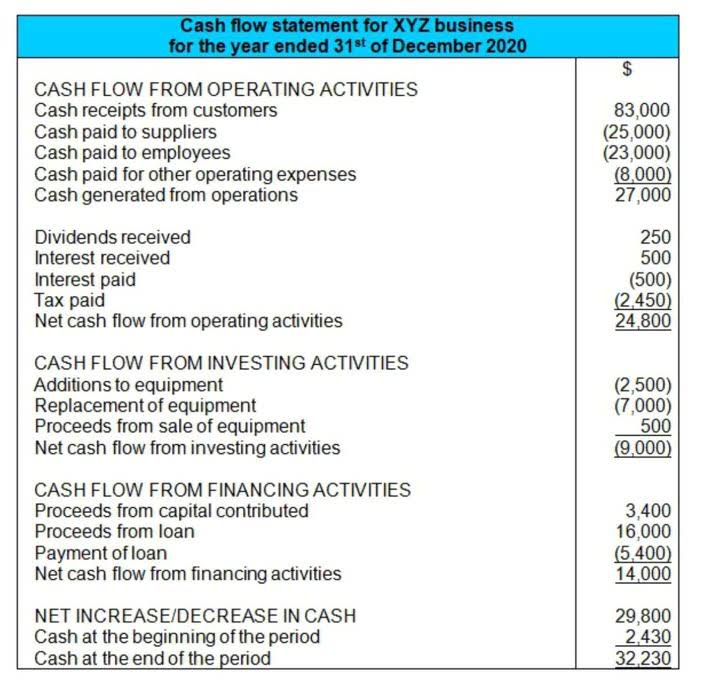
By outsourcing our finance and accounting department, you get the benefits of both professionals for less than the cost of a single full-time employee. The U.S. Bureau of Labor Statistics (BLS) places financial controllers in the category of financial managers, which also includes treasurers, finance officers, and insurance managers. The BLS reported there were 653,600 financial managers working in the United States as of May 2018. They earned a median annual salary of $128,000; factors that may affect a financial manager’s salary include the individual’s education, experience, and geographic location. The bottom 10% earned around $68,000, while the top 10% earned as much as $208,000 each year.
The skill sets required for a controller vs. CFO are mutually supportive but distinct. Ideally, if both roles are present in a company, they’ll work together to complement and support one another as they move the company forward. Finally, be sure to verify that the candidate you are considering has the necessary skills and experience to effectively manage your finances. Financial controller is a senior financial officer who supervises the financial department of a company and is responsible for its financial accuracy, performance, and compliance. For more information by geographic area, you can download the annual Salary Guide from recruiting and temporary hiring firm, Robert Half, which includes CFO, Controller, and accountant job salaries by job title and city. The CFO should have a big-picture understanding of the business and accounting, even if they don’t have a specialized accounting background.
A Guide on How to Determine KPIs: Choosing the Right KPIs for Your Business Based On Industry
We provide outsourced accounting services to clients in the western region and beyond. Investment advisory services are offered through Aprio Wealth Management, LLC, an independent Securities and Exchange Commission Registered Investment https://www.bookstime.com/ Advisor. Securities are offered through Purshe Kaplan Sterling (“PKS”) Investments, Inc., member of FINRA/SIPC. Aprio Wealth Management, LLC and Purshe Kaplan Sterling Investments, Inc. are separate and unaffiliated.
CFOs play a significant role in laying out the direction for a company’s future and advising stakeholders on important business decisions. Chief Financial Officers identify business risks by looking at financial data and make appropriate decisions to mitigate those risks, among their many leadership functions. Though the Chief Financial Officer (CFO) and the financial controller work closely together, they have significantly different roles within a company. The biggest distinctions can best be described by breaking down the operations and responsibilities of each role. In this article, we’ll look at the three key differences between these positions.
Two signs you need a CFO
CFOs create the strategic vision that directs the growth of a business. They set the tone for the financial team and help to shape the culture of the department. They’re always scanning the horizon to identify potential threats and opportunities in order to develop their recommendations and action plans for the future. Additionally, it is important to consider the stage of development your company is in. If you are a startup or early-stage company, you may not need a full-time financial controller; however, as your business grows and becomes more complex, it may be time to consider hiring one.

With an outsourced financial controller on your team, you will have access to expertise in accounting and bookkeeping when you need it. The deeper bench that outsourcing offers is one of the major benefits of outsourcing finance and accounting functions. A controller is one of the most influential cfo vs controller people within your company’s accounting and finance department. They can benefit your company by providing a balance of financial expertise and accounting services management that bridges the communication between C-suite and day to day functionality of the accounting department.
Can You Outsource Accounting For Cannabis Companies?
They are more in line with financial reporting than financial planning. Growing businesses may need more than just a bookkeeper or a team of entry-level accountants that process the day-to-day transactions. For companies looking to reach financial milestones or take the business to the next level, it may be time to consider hiring a chief financial officer (CFO) or a controller.
- So, let’s dissect both the roles in detail and see what characteristics set them apart.
- In-house controllers may not see the forest for the tree, missing opportunities to cut costs or amend business practices that may not be optimal.
- They’re always scanning the horizon to identify potential threats and opportunities in order to develop their recommendations and action plans for the future.
- The BLS expects the job market for top executives to grow 6% between 2018 and 2028 but predicts the market for chief executives to fall 5% due to business consolidation.
- With so many titles such as CFO, controller, and comptroller floating around, it’s not always clear what roles a finance team should be comprised of.
The salary range for a CFO is quite broad and dependent upon experience, the size of the company, the complexity of the industry, etc. For example, A CFO for a small company (~$10MM in revenues) will expect a base salary of around $200,000-$250,000. Add in variable compensation, benefits, and taxes, and you’re looking at between $300,000 and $400,000 (or more) annually. In large companies, the controller reports to the Chief Financial Officer (CFO). In smaller organizations, however, the controller may report directly to the president or CEO.
